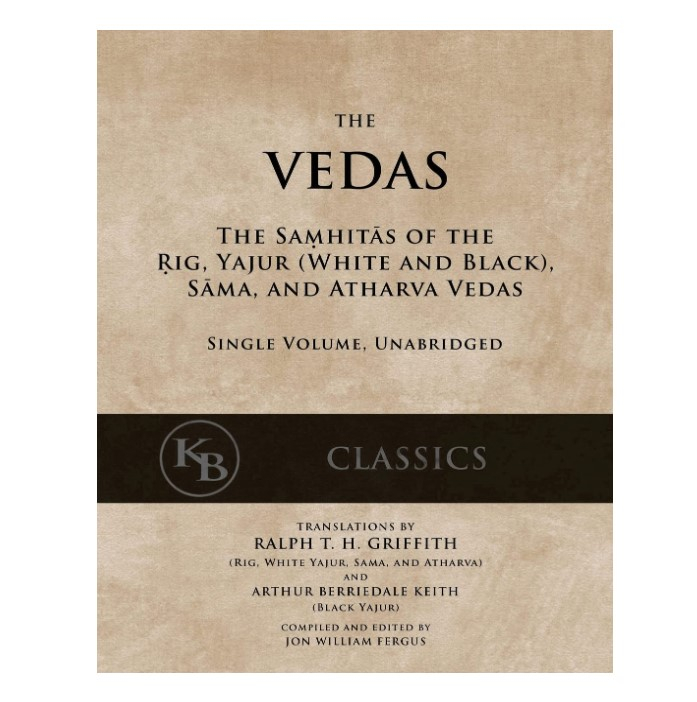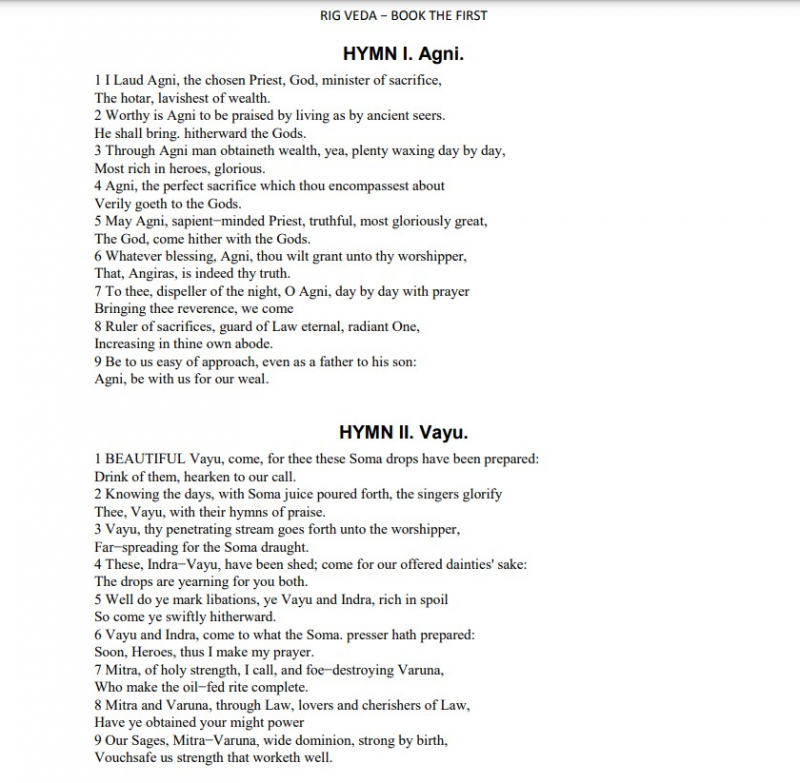Vedas

Considered among the most sacred texts of Hinduism, the Vedas are a collection of hymns, prayers, rituals, and philosophical teachings. These texts are believed to have been composed between 1500 BCE and 500 BCE, but their origins might date even further back. The word "Veda" originates from the Sanskrit word meaning "knowledge" or "wisdom."
Comprising four main texts—the Rig Veda, Sama Veda, Yajur Veda, and Atharva Veda—the Vedas are believed to have been passed down orally for generations before being written down. The Rig Veda is the oldest and contains hymns dedicated to various deities like Agni (fire), Indra (king of gods), and Varuna (god of cosmic order). The Sama Veda consists of melodies and chants derived from the Rigveda, set to music for religious ceremonies.
The Yajur Veda comprises rituals and mantras for performing ceremonies and sacrifices. It is divided into the Krishna Yajur Veda and the Shukla Yajur Veda, each offering distinct ways of performing ceremonies. The Atharva Veda delves into various subjects, including healing, magic, rituals, and everyday life. It contains incantations, charms, and spells used for both spiritual and practical purposes.
The Vedas hold immense spiritual and philosophical significance. They discuss the nature of reality, the cosmos, the gods, and the moral and ethical duties of individuals (dharma). They also emphasize the concept of "Brahman," the ultimate reality or universal principle underlying everything. Additionally, they form the basis for later Hindu scriptures and philosophies, including the Upanishads, which delve deeper into the nature of reality, the self, and the ultimate truth.
Link to buy: https://www.amazon.com/Vedas-Samhitas-Atharva-single-unabridged/dp/1541294718
Link to read: https://ia801308.us.archive.org/25/items/FourVedasEnglishTranslation/Four-Vedas-English-Translation.pdf











